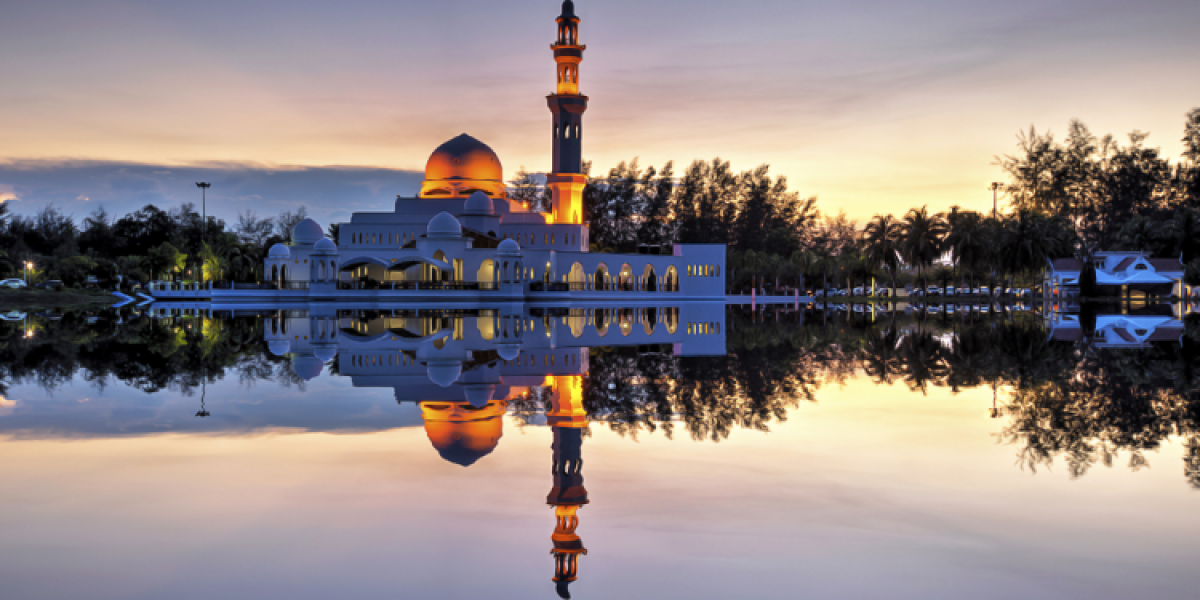
Over the years, Saudi Arabia has become an attractive destination for expatriates and visitors. The Crown Prince of Saudi Arabia recently announced the introduction of tourist visas in line with the "Vision 2030" program for greater openness. Soon, more short-term visas will be issued for those looking to take part in cultural or sports events in the country. If you're tempted to explore the transformation of the Kingdom of Saudi Arabia, here are six good reasons why you should take the leap.
The diversity of landscapes

Bordered by the Red Sea and the Persian Gulf, Saudi Arabia stretches over more than 2 million km² and offers breathtaking landscapes. Saudi Arabia is often associated with a dry desert climate and the Islamic religion, but there are so many things to see and do there. Of course, museums, monuments, historical sites, and mosques are almost everywhere, but outdoor activities are many, ranging from mountain hiking to green spaces, theme parks, and beautiful beaches. You won't be disappointed if you're flying to Saudi Arabia with your family. The Habbala hanging village is a must-see, offering spectacular views of the Asir province and its mountains, lakes, and natural parks. You should also try to visit Farasan islands which are a real gem located in the Red Sea. The Rub'al-Khali desert dunes and the Wadi Qaraqir canyon in the north-west of Saudi Arabia are other must-sees.
Rich culture

Known as the birthplace of Islam, Saudi Arabia can boast of a great cultural heritage as evidenced by its cultural festivals and religious sites, not to mention local values and customs. Saudis observe the Islamic law which preaches respect for privacy and religion. Contrary to misconceptions about Saudi Arabia, the people there are generally warm, friendly, and helpful. While the official language is Arabic, English is quite widespread due to the presence of a large https://www.expat.community. Obviously, Saudi women are veiled, but foreigners don't have to wear the head scarf, although they still have to dress appropriately. In general, expats and visitors are expected to respect the Saudi culture and values, especially during the holy month of Ramadan. The government recently committed to promoting its cultural heritage by organising more events and festivals. For an enhanced cultural experience, make sure you don't miss any of these during your stay!
It is a safe country

Unlike what you might have read or heard in the media, Saudi Arabia is a relatively safe country. In 2017, Riyadh, the capital city, was in the top 50 safest cities in the world according to The Economist. In general, you are advised to avoid Yemen and Irak borders due to current on-going conflict. However, expatriates claim to feel safe in Riyadh, like in most over major cities in Saudi Arabia, thanks to a low crime rate. It's also worth noting that the Saudi government made significant efforts during the past few years to ensure the safety and security of residents. The presence of the police almost everywhere might seem intimidating for some, but it contributes to bringing about a general feeling of safety, especially for women. There are fewer chances for your wallet or your handbag to get stolen in Saudi cities than in many other major cities around the world. On the other hand, you're expected to respect existing laws and regulations.
An affordable cost of living

Compared to other Gulf countries like the United Arab Emirates, life is quite affordable in Saudi Arabia. While imported foodstuff and other products are as expensive as in Europe for example you can still find alternatives for high quality products locally. Electronics such as TVs, DVD players, and cameras are affordable in Saudi Arabia thanks to low import taxes. Also, even though rent prices tend to go up in major cities, water, gas, and electricity supply is subsidised at regional levels. In the summer, make sure to turn off the air conditioning when leaving the house. In general, on a trip to Saudi Arabia, count an average of 68 US$ a day per person. For eating out, count an average of 5 US$.
Zero income tax

Saudi Arabia used to be a tax haven before the introduction of the 5% value-added tax (VAT) on most goods and services in early 2018. However, there's still no income tax in Saudi Arabia – which probably explains why so many foreign workers choose to move there. Also, there's no property tax, vehicle transfer tax, and inheritance tax in Saudi Arabia. No wonder expat remittances are so high.
Plenty of opportunities

Rich in natural resources, namely gas and oil, Saudi has become one of the most attractive destinations for foreign professionals. Why don't you inquire about career prospects available in the country during your trip? Maybe you can try setting up a business there. One of the biggest and most stable economic powerhouses in the Gulf region, Saudi Arabia is an emerging market that can boast of a robust budget and low public debt. While oil remains the most promising field for foreign workers, opportunities are also available in the medical, banking, technology sectors, as well as in the media. There are also many English teaching jobs. Entrepreneurs can look at prospects in the medical field as well as in construction, logistics, and energy. Remember to expand your professional network during your trip. Saudi Arabia is not only famous for its high standard of living but also for its attractive salaries. It's worth noting that no deduction is made on gross salaries since there's no social security in the country. Moreover, at the end of their two-year contract with the same employer, foreign workers are entitled to a bonus.



















